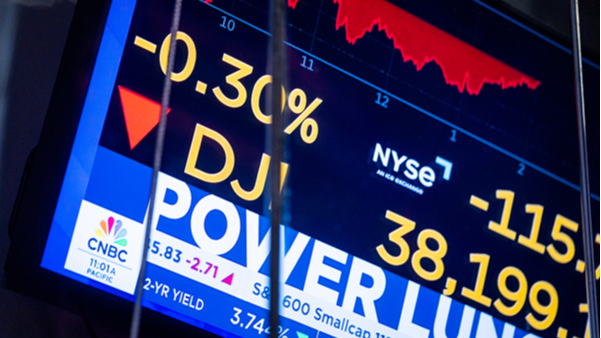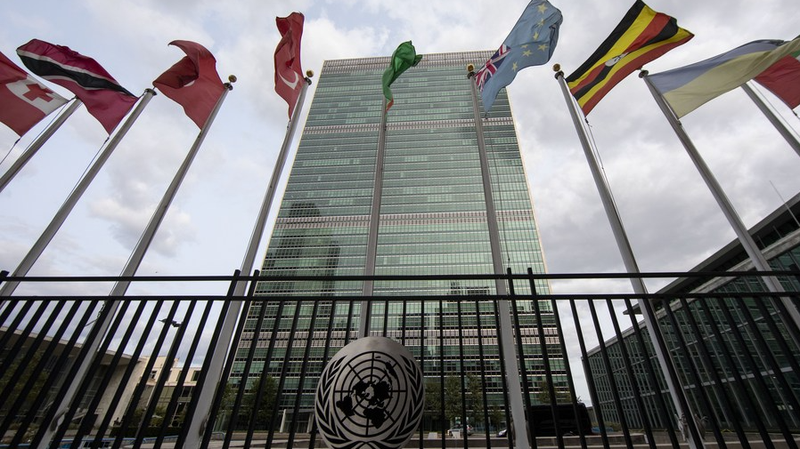Hey there, tech enthusiasts! Despite a 90-day pause on most U.S. tariffs announced by the Trump administration, the ripple effects have been anything but cool. These so-called 'reciprocal tariffs' are shaking up global stock markets, denting investor confidence, and sending oil prices on a wild ride 🚀.
Major economies are responding fiercely. The Chinese mainland added 12 U.S. companies to its export control list and imposed retaliatory tariffs of up to 84%, while the EU approved a 25% tariff on a wide range of U.S. products.
The catch? These tariffs are hitting the American economy hard. With domestic manufacturing contracting – the Institute for Supply Management's Manufacturing Index dipped to 49% in March – and significant job cuts in federal agencies, increased costs are starting to impact everyday life.
This means higher prices for goods from automobiles to groceries, which could directly affect consumer spending and inflate costs for everyone, including our tech-savvy millennials and young professionals.
For vibrant urban communities across South Asia and Southeast Asia – whether you're in Dhaka, Jakarta, or Bengaluru – rising prices can hit your budget, leaving less for that latest gadget or trendy lifestyle upgrade.
In a world where economic shifts ripple through every sector, it’s clear that U.S. tariffs, aimed at boosting competitiveness, might actually be a self-destructive move that disturbs global stability. Stay informed and keep questioning – your future might just depend on it! ✌️
Reference(s):
Why will U.S. tariffs hurt all economies including that of the U.S.?
cgtn.com




